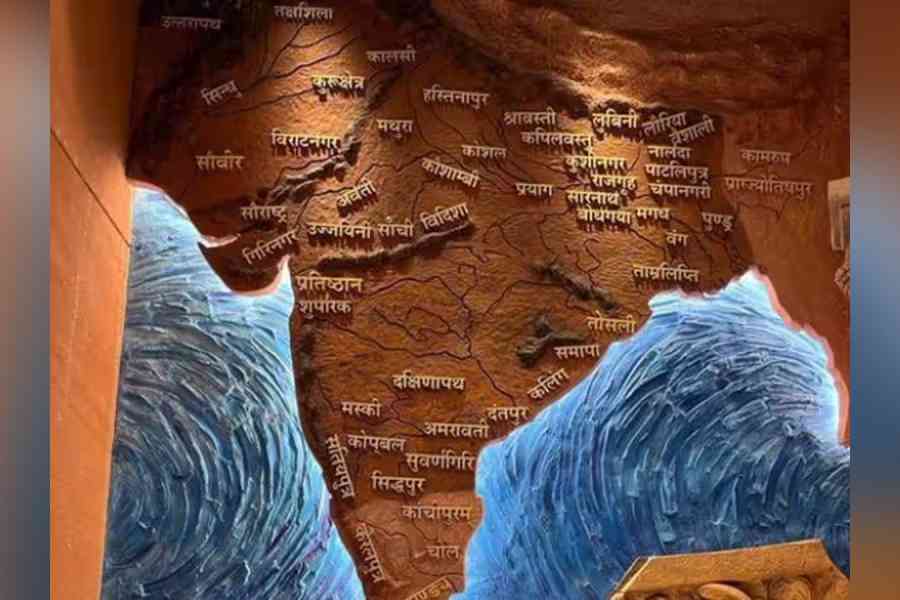Bangladesh has sought an explanation from India on the “Akhand Bharat” mural that has been installed in the new Parliament building, making it the third neighbouring country agitated by the inclusion of various South Asian nations within the map of India.
Bangladesh is the second country after Pakistan to officially speak on the mural while political parties of Nepal, including two former Prime Ministers, have protested the installation of the “Akhand Bharat” depiction in the new Parliament building as it suggests government sanction for an idea that challenges the sovereignty of several countries in India’s immediate neighbourhood.
Bangladesh’s state minister for foreign affairs Md Shahriar Alam was quoted by the local media as stating that the high commission in Delhi has been instructed to reach out to the external affairs ministry for an explanation.
“...For further clarification, we have asked the mission in Delhi to speak to the Indian ministry of external affairs to find out what their official explanation is,” Alam was quoted by the Dhaka Tribune.
In Bangladesh, according to the newspaper Prothom Alo, resentment has been simmering over the mural and almost all parties except the ruling Awami league have spoken about it openly.
“There has been sharp reaction and debate in Bangladesh’s political circles over the map of ‘Akhand Bharat’ (Undivided India) that is on display in the form of a mural at India’s new Parliament building,” the daily reported.
Mirza Fakhrul Islam Alamgir, the BNP secretary-general, was quoted by the newspaper as saying: “Displaying Bangladesh as part of the undivided map of any other country is a threat to the country’s independence and sovereignty.”
Another party, the Rastra Sangskar Andolan, said in a statement: “It is objectionable for Bangladesh to be included as part of Akhand Bharat in the imagined map of the Indian rulers.”
The Biplobi Workers Party said the Akhand Bharat depiction with Bangladesh as a part of India was a threat to Bangladesh’s independence and sovereignty as well as national security. Similar views were also expressed by the Left-leaning parties.










